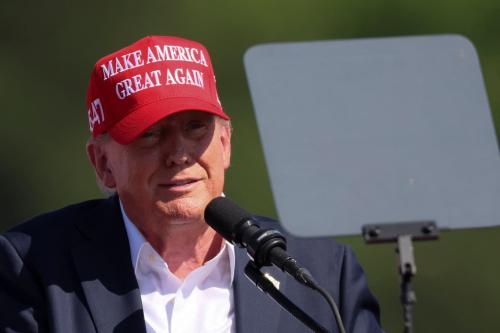Reading the New York Times this morning, you may have come across an op-ed railing against “corporate welfare” and “crony capitalism” tax breaks that give “billions to the rich.” On first glance, one might think this a leftist critique á la Bernie Sanders. But no. The authors, Marc Short and Andy Koenig, are the president and senior policy advisor at Freedom Partners, a political operation worth hundreds of millions of dollars associated with conservative billionaire Charles Koch.
The first hint at the authors’ politics comes when they single out particular beneficiaries of the corporate tax break largesse: “Hollywood” and “wind-energy producers,” both business sectors associated with the Democratic Party. Anti-Hollywood rhetoric has been a mainstay for Christian conservatives for decades, of course, and sustainable energy has been pilloried on the right at least since Reagan took the solar panels off the White House roof. On the subject of breaks for oil companies, worth an estimated $4 billion a year, the authors remain silent.
Still, a conservative attack on corporate tax loopholes seems like a break from tradition – until you look more closely at what the authors are recommending: across-the-board rate cuts. Several Republican presidential candidates have been taking a similar policy tack. In each case, the result is vastly lower taxes for corporations and the wealthy, with hand-waving explanations of the budget shortfalls that would likely result.
Lower taxes for multinational corporations and the wealthy are nowhere on the average American’s agenda; indeed, two thirds of Americans think corporations pay too little in taxes, and about 60% think the wealthy are paying too little. In fact, underpayment by the wealthy and corporations is what bothers Americans most about the tax system, more than the complexity of the system and even the amount they pay in taxes.
Given the overwhelming preference for increasing taxes at the top, it is no wonder that conservative advocates want to cover their policies with a veneer of loophole-closing populism. As I’ve argued elsewhere, this kind of rhetoric is likely to be effective. Most Americans believe in progressive taxation and think the rich should pay more in taxes. But they think “loopholes” are the reason the rich do not pay enough, and they therefore underrate the importance of tax rates. This misperception helps explain why a sizeable minority of Americans support a flat tax – if it closed the loopholes, they mistakenly reason, it might actually raise taxes on the rich.
By focusing on loopholes, Short and Koenig manage to advocate for tax cuts for the biggest corporations and the wealthiest Americans. The pseudo-populist approach disguises a wildly unpopular idea.



Commentary
How not to talk about taxes: New York Times promotes misleading language of “loopholes”
November 23, 2015